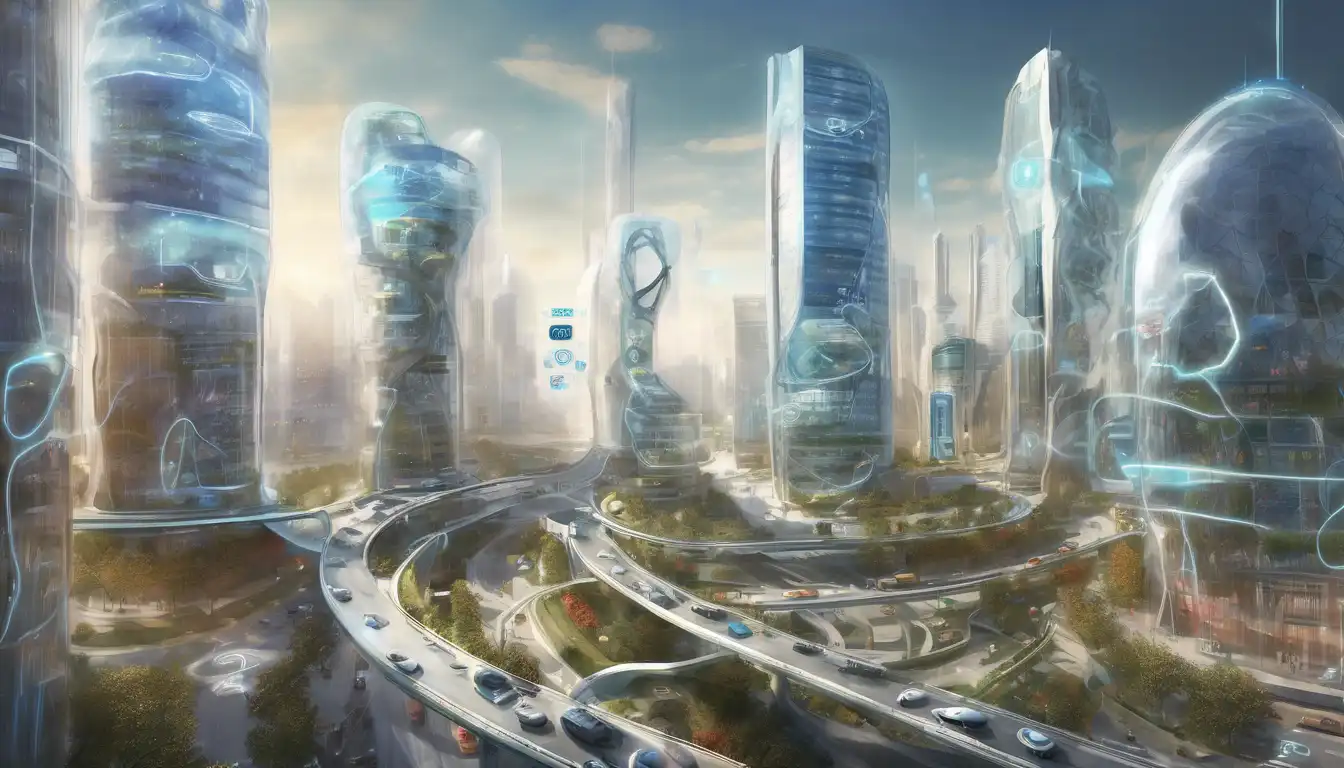The Role of IoT in Shaping Smart Cities
The Internet of Things (IoT) is revolutionizing the way cities operate, making them smarter, more efficient, and more sustainable. By connecting devices, vehicles, and infrastructure to the internet, cities can collect and analyze data to improve services and the quality of life for their residents.
Key Benefits of IoT in Smart Cities
IoT technology offers numerous benefits for smart cities, including:
- Enhanced public safety through real-time monitoring and analytics
- Improved traffic management and reduced congestion
- Energy efficiency and reduced carbon footprint
- Better waste management through smart bins and collection systems
Challenges and Solutions
Despite its potential, the integration of IoT into smart cities faces several challenges, such as data privacy concerns, high implementation costs, and the need for robust cybersecurity measures. However, with continuous advancements in technology and the development of more affordable IoT solutions, these challenges are gradually being overcome.
Future Trends in IoT for Smart Cities
The future of IoT in smart cities looks promising, with several trends expected to dominate, including the widespread adoption of 5G technology, the rise of autonomous vehicles, and the increasing use of AI and machine learning for data analysis. These advancements will further enhance the efficiency and sustainability of urban environments.
How Cities Can Prepare for the IoT Revolution
To fully leverage the benefits of IoT, cities must invest in the necessary infrastructure, foster partnerships between the public and private sectors, and engage with citizens to ensure the technology meets their needs. Additionally, cities should prioritize cybersecurity to protect sensitive data and maintain public trust.
As we look to the future, it's clear that IoT will play a pivotal role in the development of smart cities. By embracing this technology, cities can become more livable, resilient, and sustainable, offering a better quality of life for all residents.
For more insights into the future of urban development, check out our article on The Role of AI in Urban Planning.
